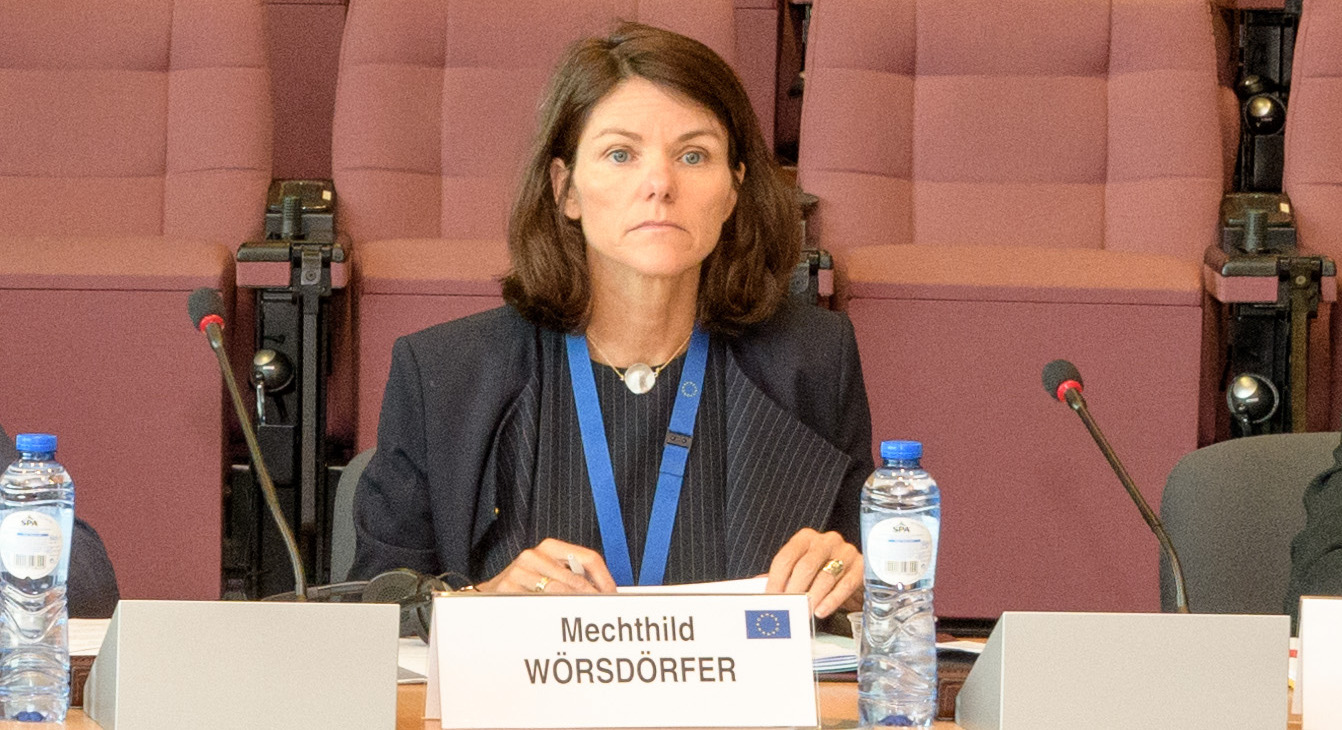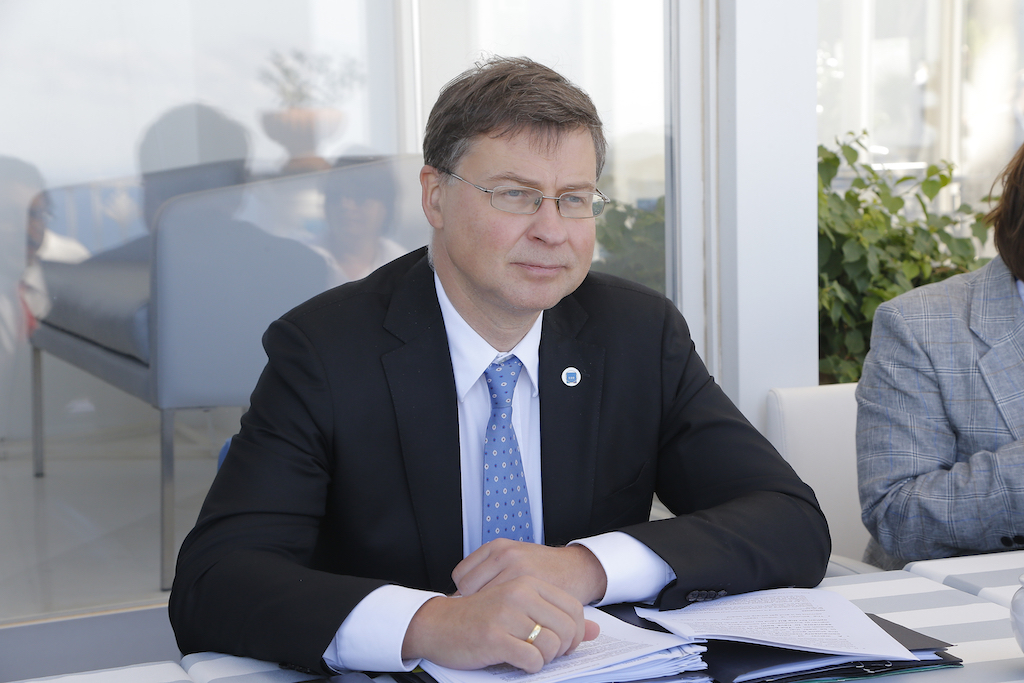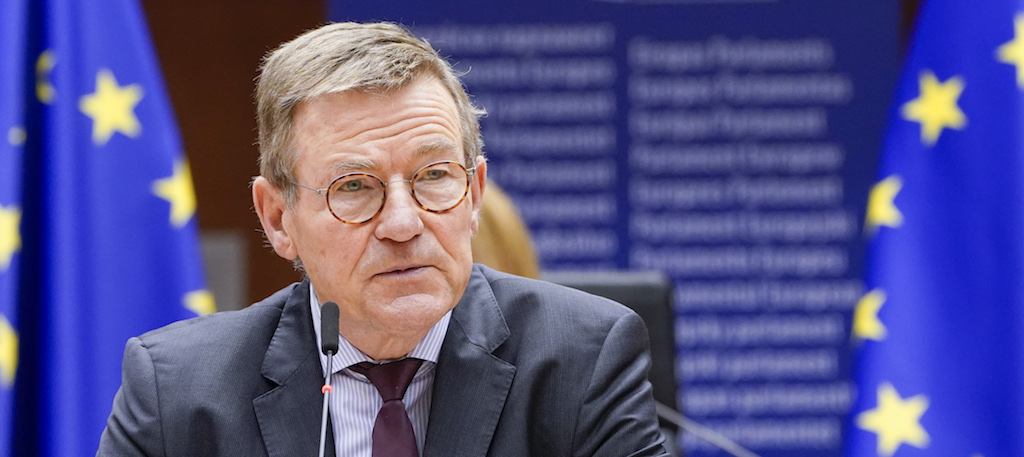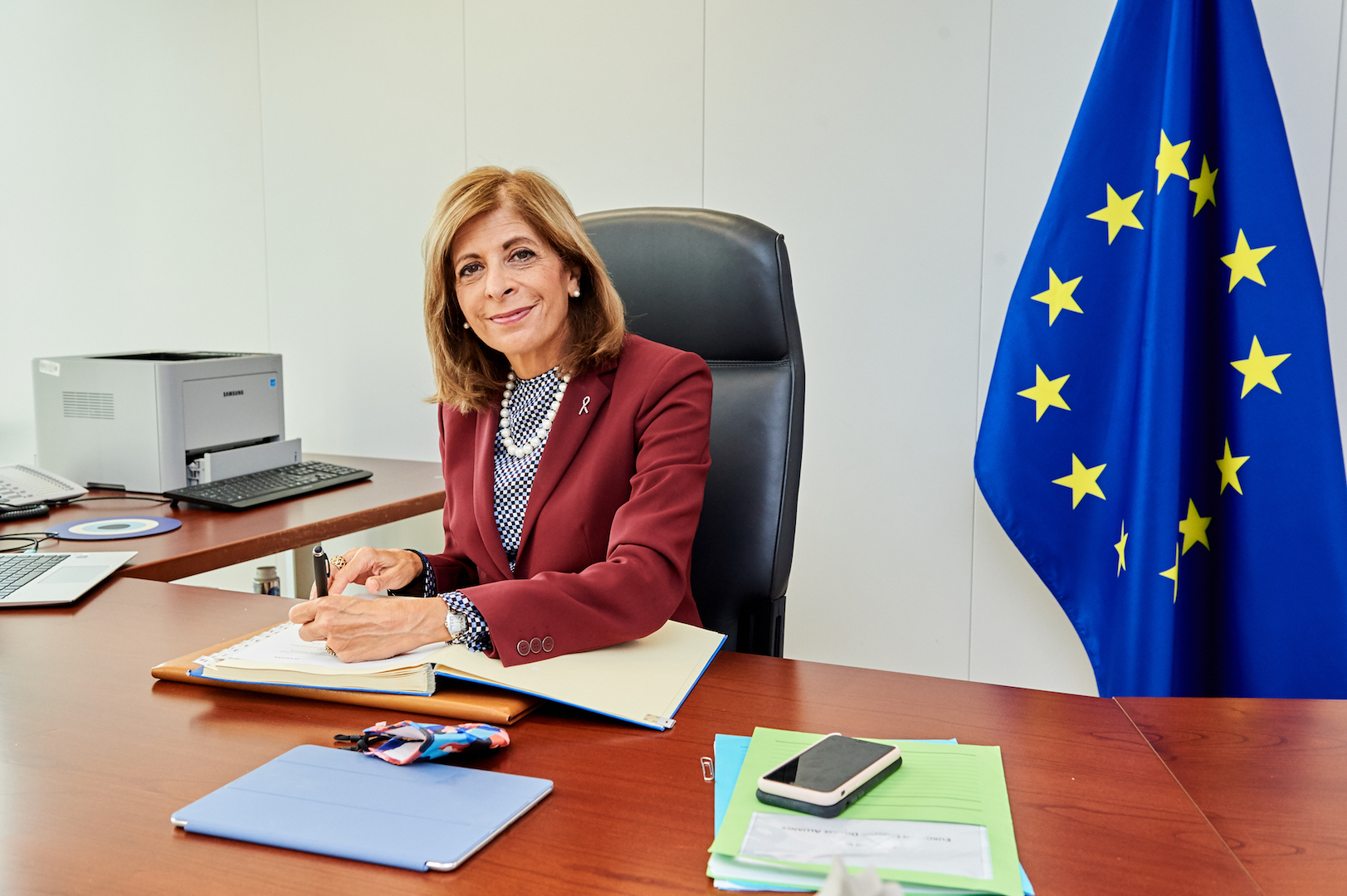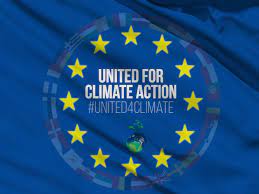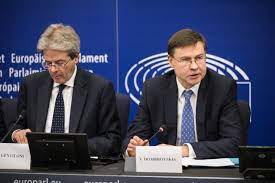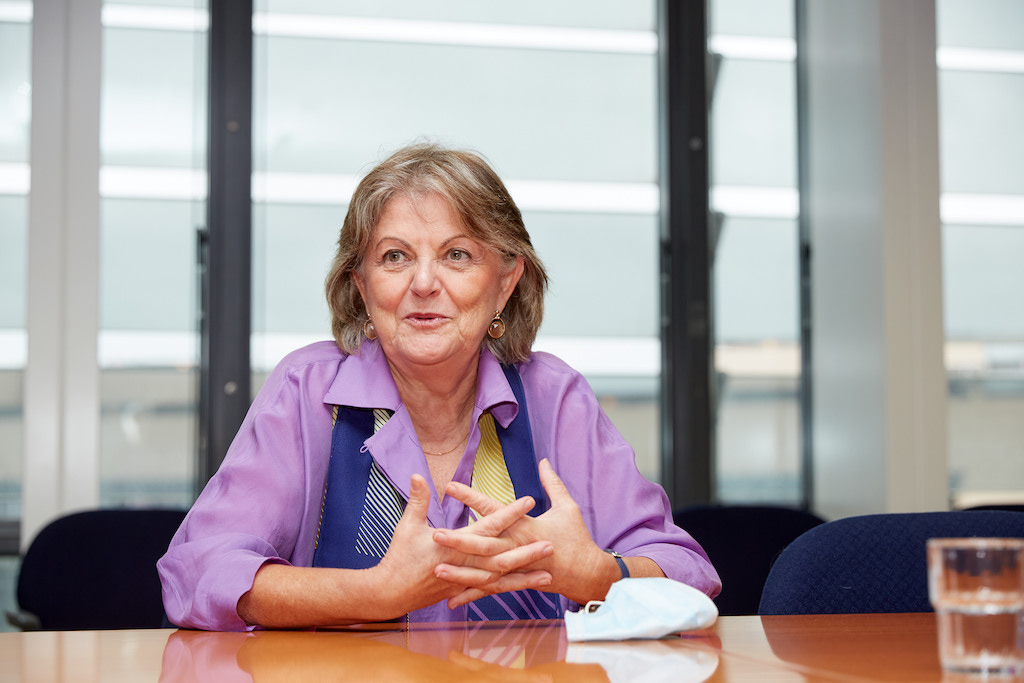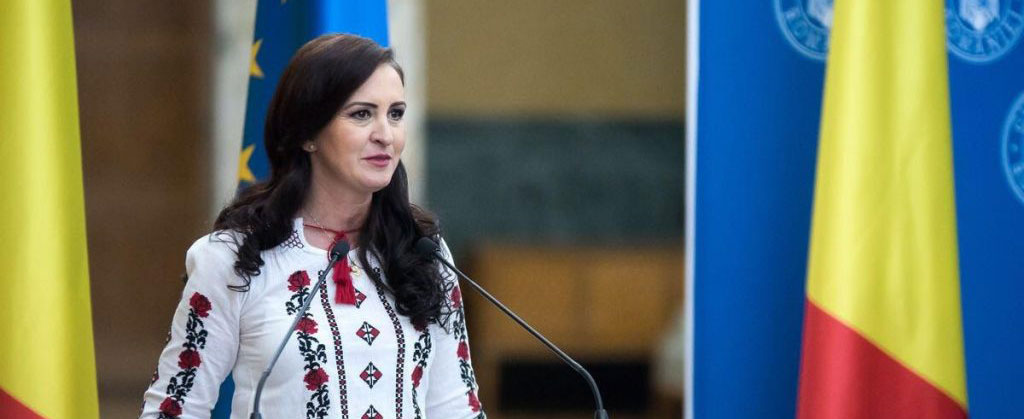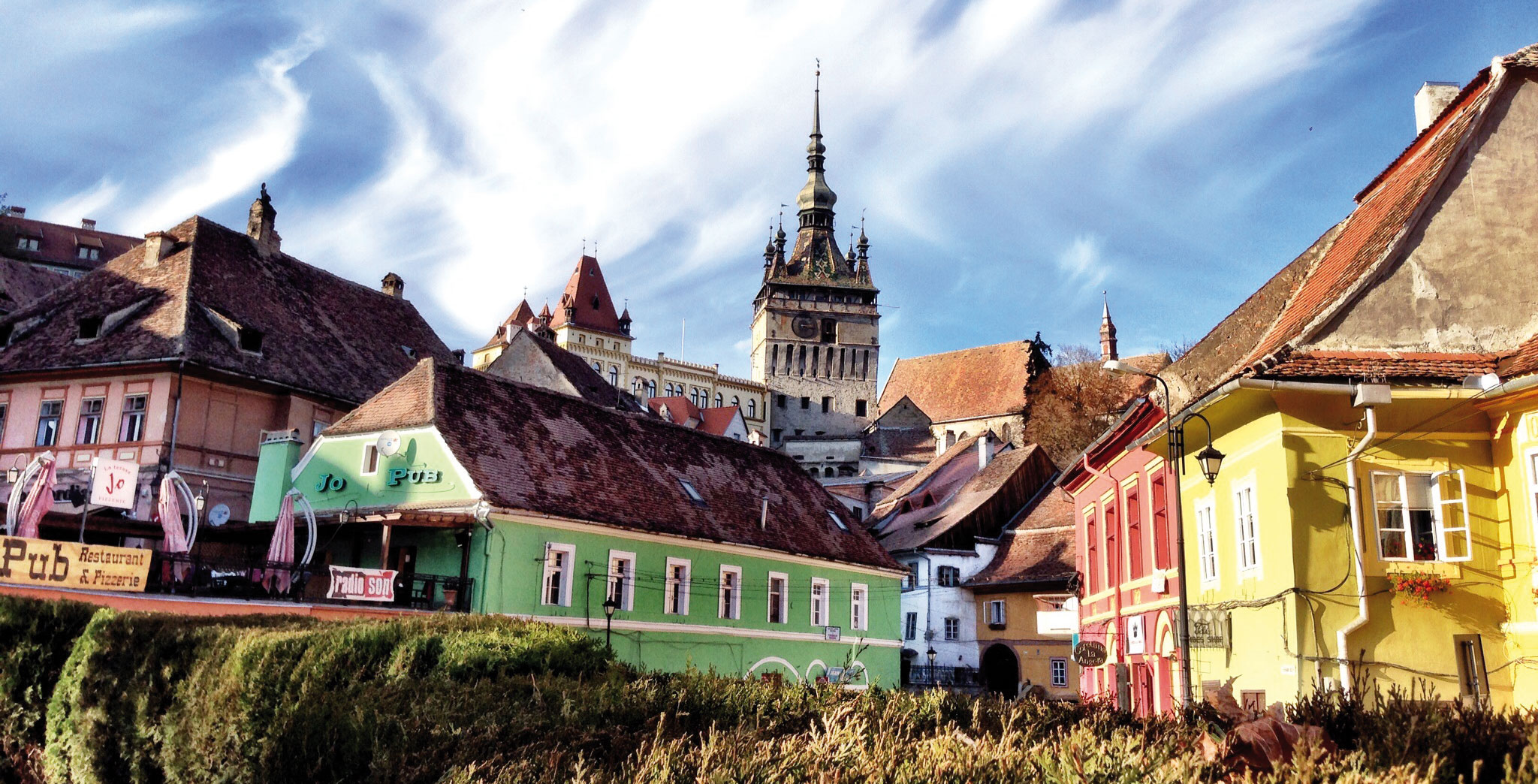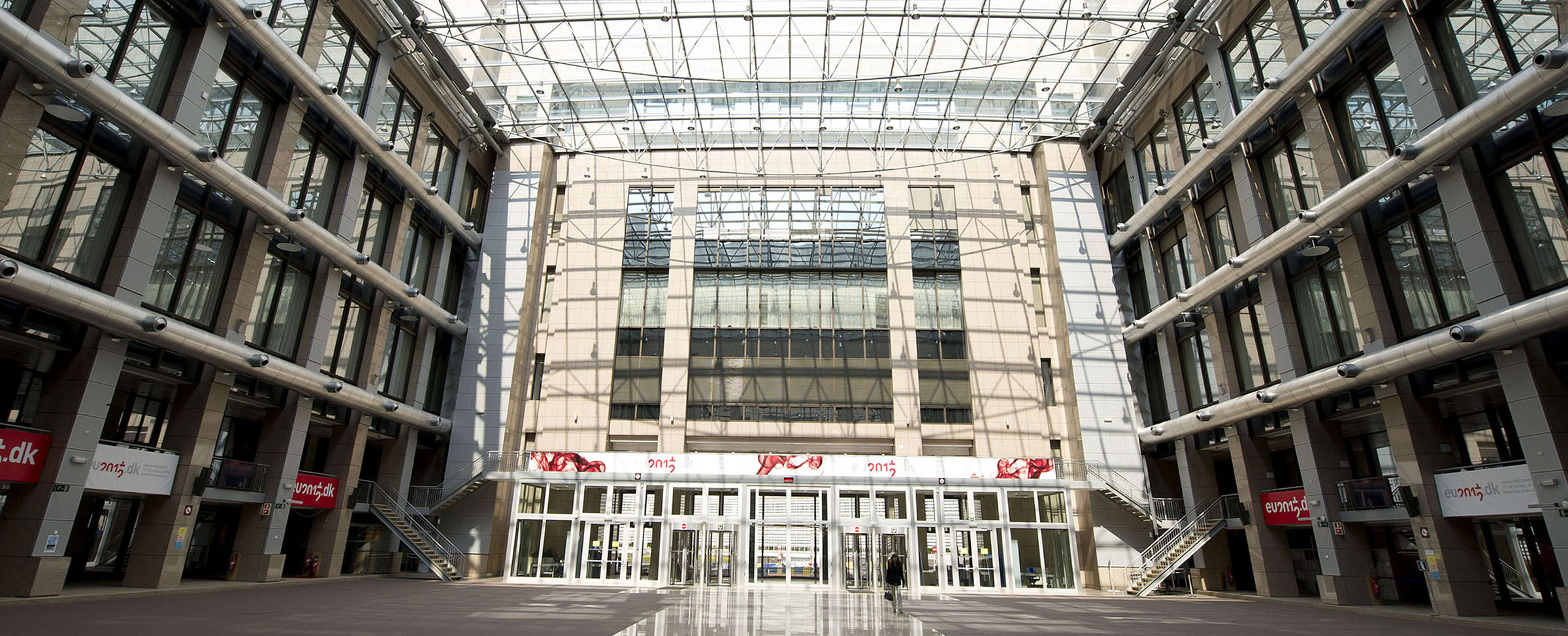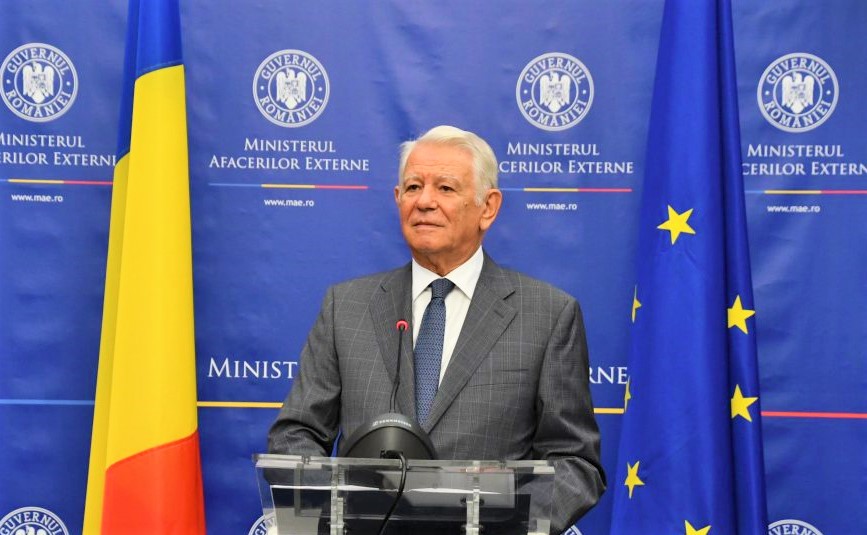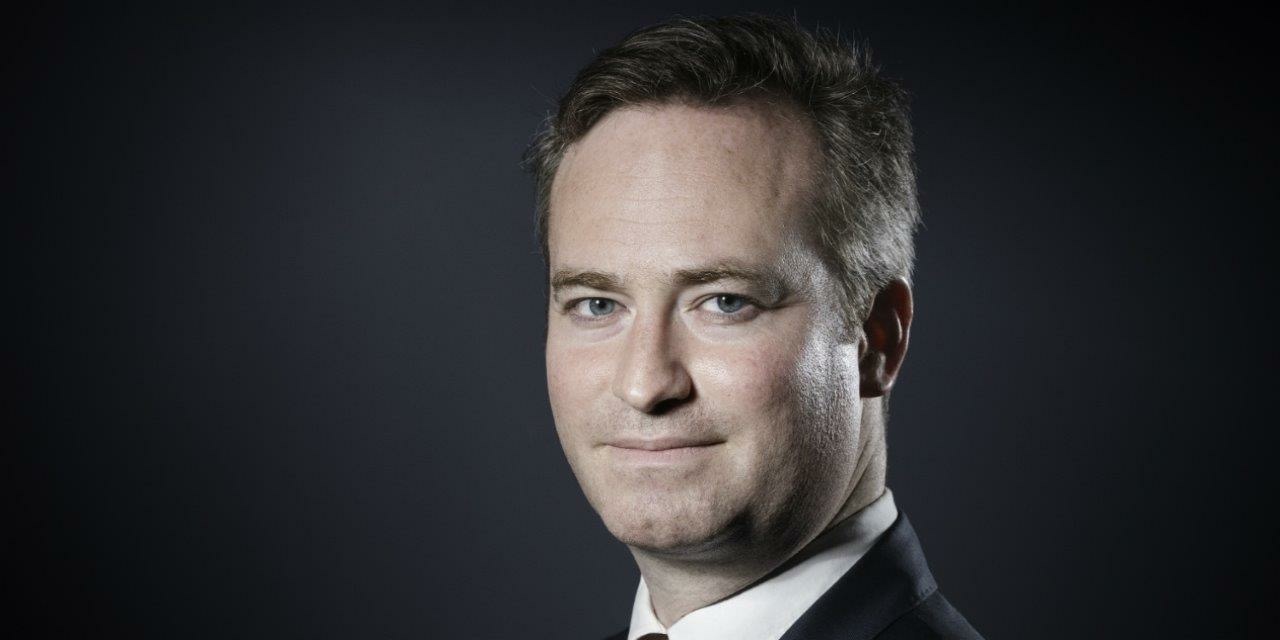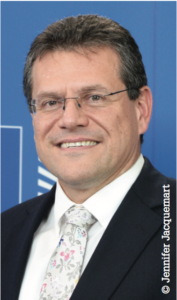
«The challenge of successful energy transition with communities »
The European Union has just launched a new package of measures to support and mobilise players of the energy transition. An industrial revolution carried by the territories and their elected representatives.
What is Europe’s energy situation?
The European Union is one step ahead. Our method of decoupling economic growth and greenhouse gas emissions has paid off. The numbers speak for themselves. Since 1990, the European economy has experienced a cumulative growth of almost 50%, while our greenhouse gas emissions have decreased by more than 22%. We must continue the effort. Many countries ask us to share our experience. At the same time, our industrial investors demand clear signals. Therefore, we must build a legislative framework that provides stability and accelerates the energy transition at all levels.
What’s in the new, recently adopted package of measures: ‘Clean energy for all Europeans – unlocking Europe’s growth potential’?
This package includes a reorganisation of the electricity market, but also the promotion of energy efficiency, the protection of consumers, the renovation of buildings, research and innovation in clean energy and the competitiveness of our industry. It is also part of a logic of creating sustainable jobs and investment. By mobilising up to 117 billion euros of public and private funds per year until 2021, it should allow a 1% increase in GDP over the next decade and create 900,000 jobs.
How does the European Commission take local authorities into account in its energy transition strategy?
I am in the habit of saying that the European Energy Union should not be done in Brussels, but in a decentralised way in our Member States, our territories, our cities. Thanks to all the players on the ground: citizens, companies, start-ups, researchers … This transition, which is not only energetic, is undoubtedly one of the greatest challenges of our century.
The territories are at the heart of this transformation and this industrial revolution. Closer to the consumers, the local elected officials put in place public policies adapted to the needs of their citizens. In a context of increasing decentralisation and democratisation of energy production, their role is crucial.
Do local politicians respond to Europe’s call?
In 2015, we launched the new European Covenant of Mayors for Climate and Energy. More than 6,500 signatories have thus committed themselves to the implementation of the European objectives on their territory. More than 200 million urban inhabitants of the European Union are concerned. And the initiative is international, with the global Covenant of Mayors led by Michael Bloomberg, which brings together 7,000 signatories, 119 countries on 6 continents representing more than 600 million inhabitants.
Our work at the European level is to support and mobilise the decision-makers. With the help of the French Presidency, we were able to sign and ratify the Paris Global Climate Agreement in record time. My conviction is that the international community will remain imperturbable in its fight against global warming. So Europe and the cities have the same fight! Fight against global warming. Fight for the well-being of their fellow citizens. But also fight for investment, growth and employment.






